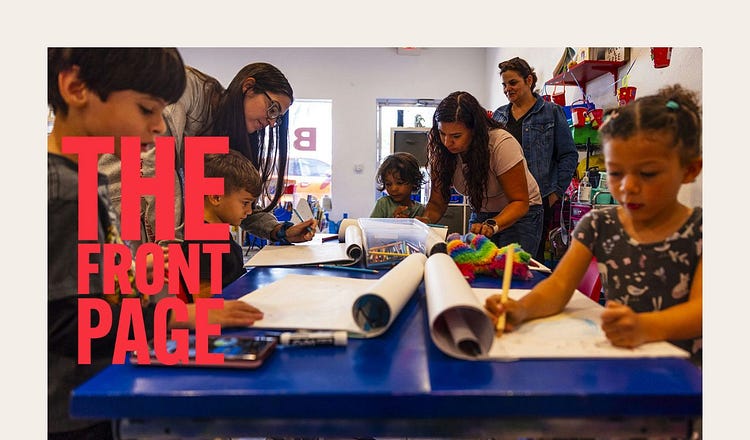Inside America’s Education Revolution. Plus. . .

Students doing arts and crafts at the B-Ready Academy in Boca Raton, Florida. (Photo: Saul Martinez for The Free Press)
Dexter Filkins on Hezbollah’s exploding pagers. Why is the UK criminalizing Halloween costumes? And much more.
349
It’s Thursday, September 19. This is The Front Page, your daily window into the world of The Free Press—and our take on the world at large, this time brought to you by me, Maddy Kearns. Coming up: More on Hezbollah’s exploding pagers; Trump’s alleged would-be killer’s self-published book; Eli Lake on the right’s hypocrisy of conflating rhetoric with vio…
Continue Reading The Free Press
To support our journalism, and unlock all of our investigative stories and provocative commentary about the world as it actually is, subscribe below.
$8.33/month
Billed as $100 yearly
$10/month
Billed as $10 monthly
Already have an account?
Sign In

